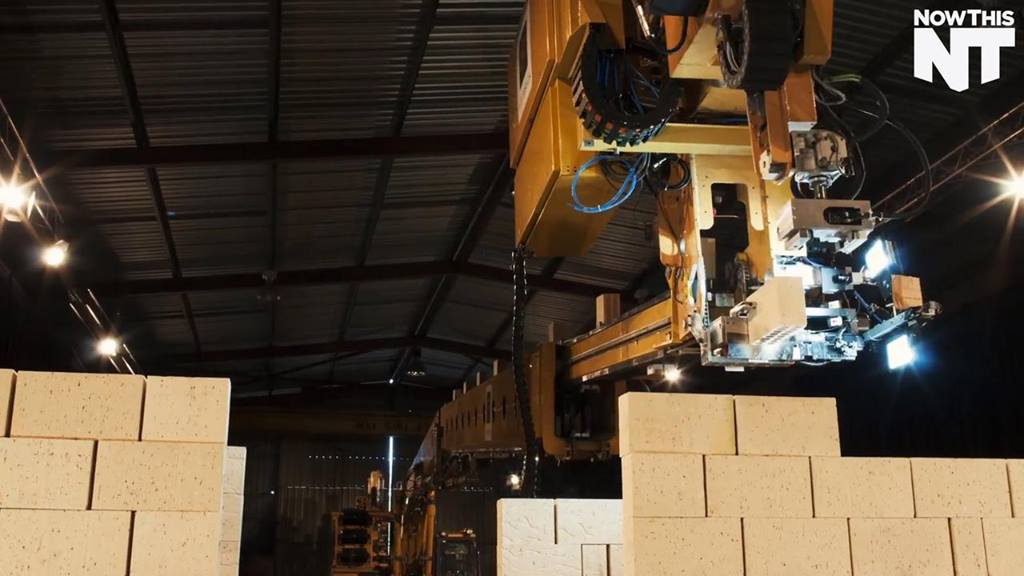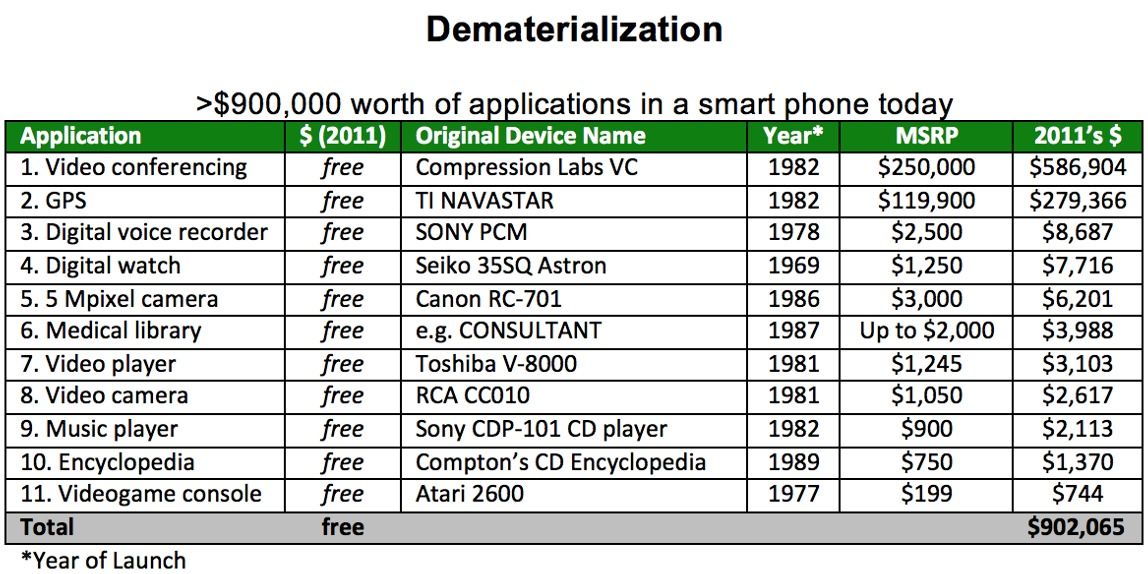Archive for the ‘robotics/AI’ category: Page 2269
Jul 31, 2016
Robot Lays Bricks 4 Times Faster Than A Human
Posted by Shailesh Prasad in categories: futurism, robotics/AI
Jul 30, 2016
Space Standoff: The next Cold War is already playing out right above our heads
Posted by Klaus Baldauf in categories: military, robotics/AI, space
The next generation of military space-bots are already in orbit as Russia, the US, and China each struggle for dominance in space.
Jul 29, 2016
Smart bricks would enable walls capable of generating electricity, clean water and oxygen
Posted by Shailesh Prasad in categories: biological, habitats, robotics/AI
A lot of things are becoming “smart” these days, but bricks might not be something you’d expect to be added to the list. On the way to buildings that act like “large-scale living organisms,” scientists at the University of the West of England (UWE Bristol) are developing smart bricks that would make use of microbes to recycle wastewater, generate electricity and produce oxygen.
Microbial fuel cells (MFCs), which will be embedded in the bricks to give them their “smart” capabilities, have proven handy in the past, with researchers demonstrating how they can be used to generate electricity from human urine, dead flies or just plain old mud.
“Microbial fuel cells are energy transducers that exploit the metabolic activity of the constituent microbes to break down organic waste and generate electricity,” says Ioannis Ieropoulos, professor at UWE Bristol’s Robotics Laboratory. “This is a novel application for MFC modules to be made into actuating building blocks as part of wall structures. This will allow us to explore the possibility of treating household waste, generating useful levels of electricity, and have ‘active programmable’ walls within our living environments.”
Jul 29, 2016
Demonetized Cost of Living
Posted by Shailesh Prasad in categories: economics, employment, government, robotics/AI
People are concerned about how AI and robotics are taking jobs and destroying livelihoods… reducing our earning capacity, and subsequently destroying the economy.
In anticipation, countries like Canada, India and Finland are running experiments to pilot the idea of “universal basic income” — the unconditional provision of a regular sum of money from the government to support livelihood independent of employment.
But what people aren’t talking about, and what’s getting my attention, is a forthcoming rapid demonetization of the cost of living.
Jul 29, 2016
How the most connected hospitals will use chatbots
Posted by Karen Hurst in categories: biotech/medical, food, health, life extension, mobile phones, robotics/AI
Sure, chatbots are useful for service industries like hospitality and food delivery, but in health care? Some groups are testing the use of chatbots to retrieve medical information from within a messaging app. At first glance, that seems a bit impersonal, but a closer look reveals a wide range of use cases where bots could make your next visit to the hospital, doctor’s office, or pharmacy faster and more effective.
Let’s run this back a bit. If you’re not familiar with bots, here’s a brief explanation. Bots are software applications that run automated tasks or scripts that serve as shortcuts for completing a certain job, but they do it faster (a lot faster) and with verve. And in health care, we spend a lot of time spent generating and retrieving information.
By putting a trained army of bots inside an application — smartphone, desktop, whatever-top — health care workers can rapidly improve throughput by simply cutting out a bunch of steps. That’s something most care providers today would welcome, especially with millions of new people entering the system as a result of the Affordable Care Act and the aging of baby boomers. With the crush of increased data entry and new regulations, costs and rote work are skyrocketing.
Continue reading “How the most connected hospitals will use chatbots” »
Jul 29, 2016
World’s largest self-driving warship aces its first sea trials: US Navy’s 132ft-long ‘Sea Hunter’ drone will scour oceans for enemy subs
Posted by Karen Hurst in categories: drones, military, robotics/AI

Dubbed the ‘Sea Hunter’, the 132ft ship is designed to travel thousands of miles out at sea without a single crew member on board.
The self driving warship has now completed its first trials — and passed with flying colours.
Jul 28, 2016
Will You Ever Love a Robot?
Posted by Shailesh Prasad in categories: biological, robotics/AI

“In a sense, we’re all meat robots.” Chief Scientist at Hanson Robotics blurs the lines between biological and engineered robotics in this short yet fascinating excerpt.
Jul 28, 2016
New Group Takes On Massive Computing Needs of Big Data
Posted by Karen Hurst in categories: computing, engineering, information science, neuroscience, robotics/AI
Big Data and Obama’s Brain Initiative — As we harness mass volumes of information and the current tech explosion around information; we will seeing an accelerated growing need/ urgency for more advance AI, QC, and new brain-mind interface intelligence to assist others when working with both super-intelligence AI and the mass volumes of information.
Engineers are experimenting with chip design to boost computer performance. In the above layout of a chip developed at Columbia, analog and digital circuits are combined in a novel architecture to solve differential equations with extreme speed and energy efficiency. Image: Simha Sethumadhavan, Mingoo Seok and Yannis Tsividis/Columbia Engineering.
In the big data era, the modern computer is showing signs of age. The sheer number of observations now streaming from land, sea, air and space has outpaced the ability of most computers to process it. As the United States races to develop an “exascale” machine up to the task, a group of engineers and scientists at Columbia have teamed up to pursue solutions of their own.
Continue reading “New Group Takes On Massive Computing Needs of Big Data” »













